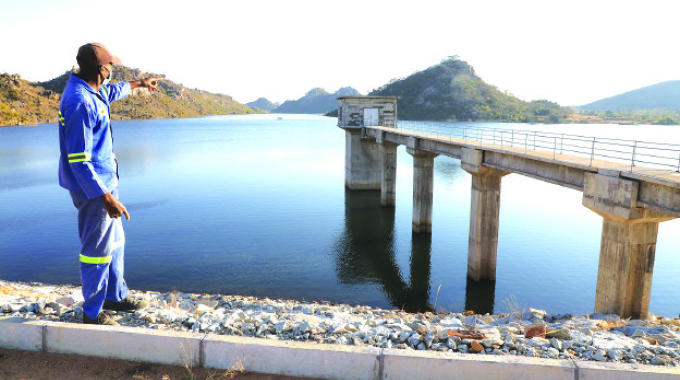Potraz lobbies for broadband policy
Tonderai Rutsito Techno Spot
Potraz acting director-general Engineer Alfred Marisa said the practice of digging trenches to lay fibre has resulted in too many international gateways. Mr Marisa recently told guests attending the World Telecommunication and Information Society day that the policy should indicate who should provide broadband infrastructure while the strategy explains how that infrastructure should be provided.
“Orderly ICT development needs to be guided by sound Government policy.
“Sadly, in Zimbabwe, the opening up of the sector was forced on us through Court judgments hence there was no adequate time to put in place sound policies and we do not seem to have fully recovered from this initial blow.
“As a result we have tended to react to ICT developments rather than being proactive.
“We woke up to discover that we had too many international gateways and it became a crisis. Now we have just woken up to the reality that we have too much duplication of infrastructure.”
Mr Marisa said they will be engaging the Ministry of information Communication Technology, Postal and Courier Services and other interested
stakeholders on the drafting the National Broadband Policy for Zimbabwe.
“We appreciate that policy making is the preserve of Government; ours is to implement the policy.
“However, nothing stops us from making policy recommendations to Government,” he said.
The National Broadband Policy, especially as it relates to development of broadband infrastructure, dovetails into ZIMASSET’s Infrastructure
cluster.
Broadband infrastructure development is a critical element in ensuring provision of broadband so that
ICTs are used innovatively as delivery vehicles for health, education, governance, trade and commerce in order to achieve sustainable socio-economic growth.
Mr Marisa on current worries raised by Econet Wireless Zimbabwe on how the Universal Service Funds are being allocated, specifically with their $43 million contribution towards the USF, Marisa said they do not report to Econet.
“Government are the owners of the fund not us. We are accountable to the Zimbabwean Government and not Econet.
“The Government gets to audit us on all the national projects that we undertake, there is no provision for that in the law that we explain to Econet.”
“We only consult in terms of the projects that we roll out, and we work closely with them in seeing how to implement the projects though we have already done a lot in the passive and active infrastructure development, as far as auditing, we report to Government and its doing its part,” he
added.
The Information Communication Technology, Courier and Postal Services Minister Webster Shamu has already indicated that Government needs to be much more proactive towards such issues as it has been losing out potential revenue to unstructured fibre trenching.
The minister also castigated redundancy in ICT infrastructure and advocated for sharing of infrastructure, a move that has been widely resisted by most mobile and data service providers in Zimbabwe.
The purpose of World Telecommunication and Information Society day commemorations is, in part, to provide an opportunity for national dialogue on how we can improve universal access to ICTs.
TechnoMag is Zimbabwe’s Premier Technology Magazine, more on or join us on our facebook page www.facebook.com/technomagzw Email articles[at]technomag.co.zw tweet @TechnoMagZw, http://technom.ag/1B







Comments